Best Orthopaedic Surgeon In West Delhi Who Is Specialized In joint & Hip Replacement
Best Orthopaedic Surgeon In West Delhi Will Examine Your bones, joints, ligaments, tendons, and muscles make up your musculoskeletal system. It is common to have pain in these parts of your body because they play such an important part in everyday movement.
Orthopedics is the medical field devoted to treating these areas. An orthopedic surgeon in delhi or orthopedic doctor in delhi (also called an orthopedist) is a doctor who specializes in this field. They can perform surgery, but they’re also qualified to diagnose and treat issues using other techniques.
Orthopedics is a vast field, so most orthopedic doctors specialize in a particular type of orthopedics. For example, some of the most common specialties within orthopedics are hand, foot, and sports injuries.
Orthopedists are specialists. Typically, you see an orthopedist after your primary care doctor refers you. Your primary care doctor can let you know what type of orthopedist you need to see for your issue.
What Does an Orthopaedic Surgeon Do? How Patients In West Delhi Can Reach Out?
An orthopedic surgeon is qualified to diagnose orthopedic problems, perform or prescribe treatments, and assist with rehabilitation. They can also help you develop long-term strategies to treat illnesses, disorders, and issues relating to your bones, joints, ligaments, tendons, and muscles.
There are a broad range of procedures, including ankle, knee, hip, spinal, hand, and neck surgeries that this type of doctor can perform. Typically, they’ll attempt to treat an issue in the most holistic and least intrusive way possible, which may not be surgery.
Education and Training
To become an orthopedic surgeon, a person must complete at least 13 years of education, including:
- A bachelor’s degree
- Medical school
- A 5-year residency in orthopedic surgery at a major medical institution
- One year of education within an orthopedic subspecialty (optional)
After they complete their 5-year residency, a prospective orthopedic surgeon must practice in the field for 2 years and then take a final exam to be officially recognized by the American Board of Orthopedic Surgery.
Reasons to See an Orthopedic Surgeon
Most commonly, people see an best orthopedic doctor in west delhi area because they’re having pain in a joint, muscle, or bone — or any discomfort relating to movement. If your body hurts, is stiff, is often swollen, or if you have an injury in your joints, bones, muscles, or ligaments, you may want to see an orthopedic surgeon
Another sign that you should see an orthopedic doctor is if your range of motion is diminished. Orthopedic doctors can help you regain your ability to move in specific ways.
If you have a serious injury, orthopedic surgeons can help with recovery and also help you prevent further injuries. This is why athletes often work with orthopedic surgeons. Typical injuries an orthopedic surgeon might treat are:
- Torn or broken (ruptured) ligaments
- Torn or broken tendons
- Broken bones that won’t heal with just a cast
- Spine or hip fractures from osteoporosis
You don’t need to have an injury to see an orthopedic surgeon. Many people see them because of long-lasting aches, pains, or loss of mobility.
You may have these kinds of problems due to an old injury. They may develop over time. It’s important to talk to your doctor and keep them informed if you feel pain.
You might see an orthopedic surgeon for treatment of bone and soft-tissue (ligaments and tendons) problems due to longer-term illnesses like:
- Arthritis
- Bursitis
- Chronic muscle and joint pain
- Non-cancerous (benign) tumors
- Cancerous tumors that start in the bone (sarcomas)
- Cancerous tumors that spread to bone from somewhere else (metastatic)
- Blood cancers like multiple myeloma that can weaken bones
Your treatment plan may include surgery, medication, or physical therapy.
What to Expect at the Orthopedic Surgeon
When you first see an orthopedic surgeon, they’ll ask you about your medical history and symptoms. Be sure to bring medical records or previous testing documentation that you have.
To diagnose your condition, your doctor may give you a test or a series of tests. Depending on your symptoms, these tests can include X-rays or magnetic resonance imaging (MRIs). They can also include physical tests.
It’s also possible that your orthopedic surgeon will diagnose you without doing any tests. In this case, they may simply ask you questions to determine what is causing your problems.
Once you have received a diagnosis, you and your doctor will discuss treatment options and decide what is best for you. This could be surgery, some sort of cast or taping system, or even physical exercise.
Why To Consult Best Orthopaedic Surgeon In West Delhi - DR. KUNAL ANEJA
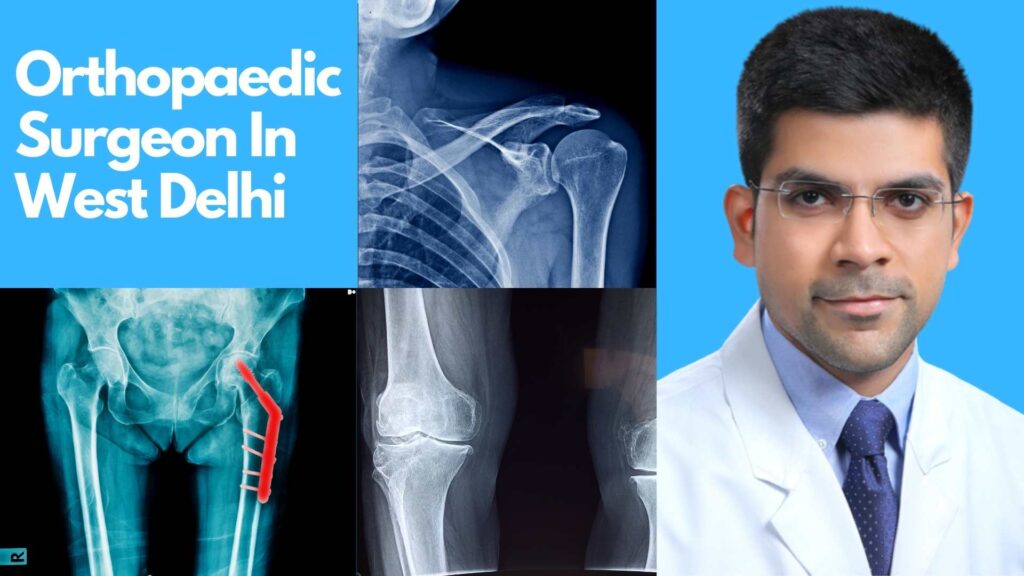
Dr. Kunal Aneja is best Orthopedic Surgeon in Delhi treat problems of the musculoskeletal system.
Diagnosis of your injury or disorder
Treatment with medication, injections, casting, bracing, surgery, or other options
Rehabilitation by recommending exercises or physical therapy to restore movement, strength, and function
Prevention with information and treatment plans to prevent injury or slow the progression of disease
Orthopedic Subspecialties
While orthopedic surgeons are familiar with all aspects of the musculoskeletal system,
Foot and ankle Treatment In Delhi
Hand and wrist Treatment In Delhi
Hip replacement and reconstruction Treatment In Delhi
Knee replacement and reconstruction Treatment In Delhi
Orthopedic oncology (bone tumors) Treatment In Delhi
Orthopedic trauma Treatment In Delhi
Pediatric orthopedic surgery Treatment In Delhi
Shoulder and elbow Treatment In Delhi
Spine Treatment In Delhi
Sports medicine Treatment In Delhi
Some orthopedic surgeons may specialize in multiple areas, and several different types of specialists may treat the same conditions. For instance, sports medicine surgeons, shoulder and elbow surgeons, and hand and wrist surgeons all perform surgery on the elbow.
Education and Training Of Dr. Kunal Aneja
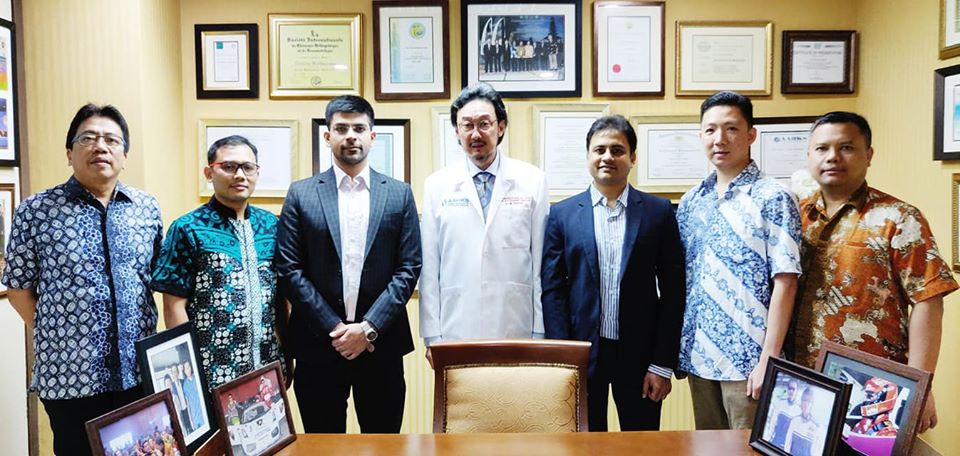
Your orthopedic surgeon is a medical doctor with extensive training in the proper Consultant Orthopedic Surgeon
Joint Replacement, Sports Medicine, Joint Preservation & Complex Trauma Specialist
MBBS, MS, DNB, M.Ch (Edinburgh), Dip. SICOT (Cape Town),
Diploma in Football Medicine (FIFA), MNAMS, MIMSA, FAGE
diagnosis and treatment of injuries and diseases of the musculoskeletal system.
Fellowships in Arthroplasty & Arthroscopy:
- Asia Pacific Arthroplasty Society (APAS) Fellow (Australia, Malaysia, Indonesia, India)
- SICOT meets SICOT Fellow (St. George Teaching Hospital, Hungary)
- ISKSAA Midlands Fellow (University Hospitals Birmingham, NHS Foundation Trust, U.K.)
- Delhi Orthopaedic Assoc. (DOA) Fellow (Ganga Hospital)
When to See an Best Orthopaedic Surgeon? If You Are In Delhi Visit Dr. Kunal Aneja's Clinic In West Delhi
Some musculoskeletal injuries are considered emergencies and require immediate medical attention. Go to the nearest emergency room (ER) if you have:
- A broken bone — especially if it is an open fracture (the bone is visible) or you have multiple fractures
- Intense pain or other concerning symptoms, like a fever, inability to bear weight or move your limb, severe bleeding, or loss of consciousness
Your primary care doctor can be a good first stop if you are experiencing musculoskeletal symptoms and do not know the cause.
But in many instances, it is reasonable to start with an orthopedic specialist — either a primary care orthopaedist or an orthopedic surgeon — for most musculoskeletal symptoms and conditions, including:
- Constant or occasional pain that lasts more than 3 months
- Limited range of motion
- Symptoms that affect your daily function
- Difficulty standing or moving around
- An acute injury that is not responding to simple measures, such as ice or over-the-counter pain medications.
If you have been told by another doctor that you need surgery, your next step should be to schedule an appointment with an orthopedic surgeon. You can also see an orthopedic surgeon to get a second opinion about either a diagnosis or a treatment recommendation.
It is important to note that seeing an orthopedic surgeon does not necessarily mean you will end up having surgery. Because of their training, orthopedic surgeons are uniquely qualified to determine whether surgery is your best option and, if so, which procedure(s) will give you the best results.
A Comprehensive Treatments By Best Orthopaedic Surgeon In West Delhi
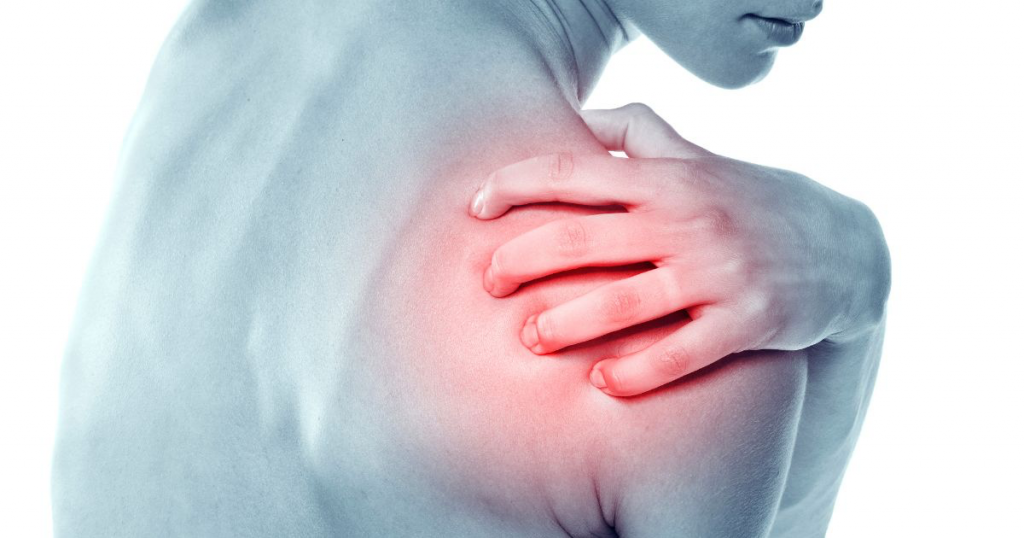
Shoulder
- Sports Injuries
- Rotator cuff tears
- SLAP lesions
- Shoulder Joint Arthritis
- Recurrent Dislocations
- Shoulder Instability
- Frozen Shoulder
- Tendinopathies
- Shoulder Impingements
- Bursitis
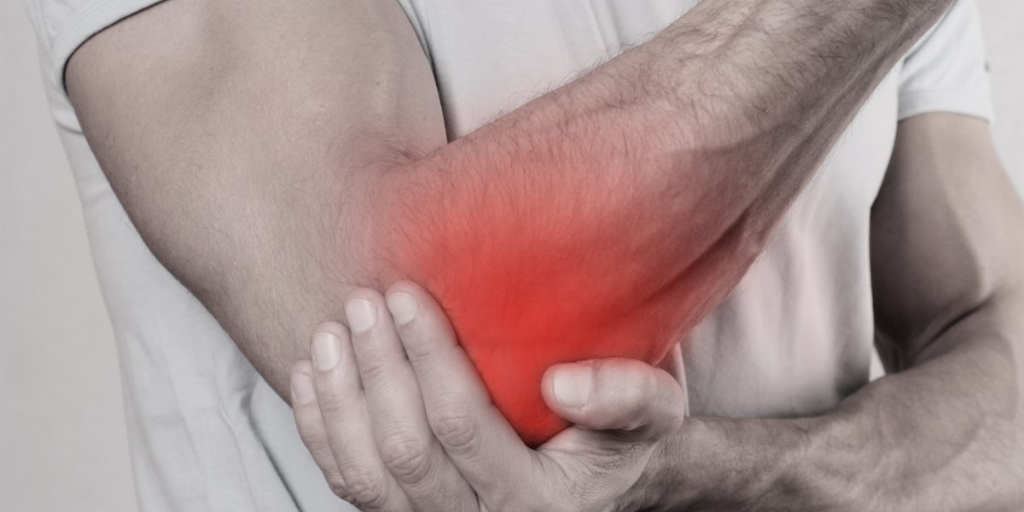
Elbow
- Sports Injuries
- Ligamentous instability
- Dislocations
- Tendinopathies
- Elbow Arthritis
- Compressive Neuropathies
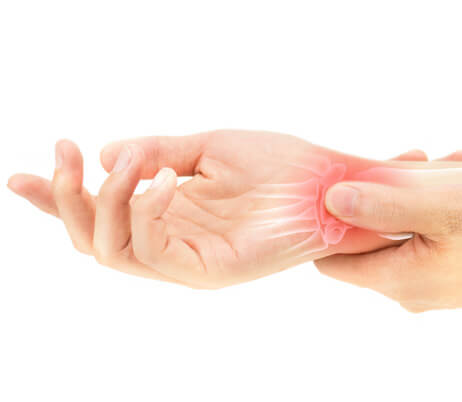
Wrist
- Carpal Tunnel Syndrome
- Wrist Arthritis
- Sports Injuries
- Instability
- Ganglion Cysts
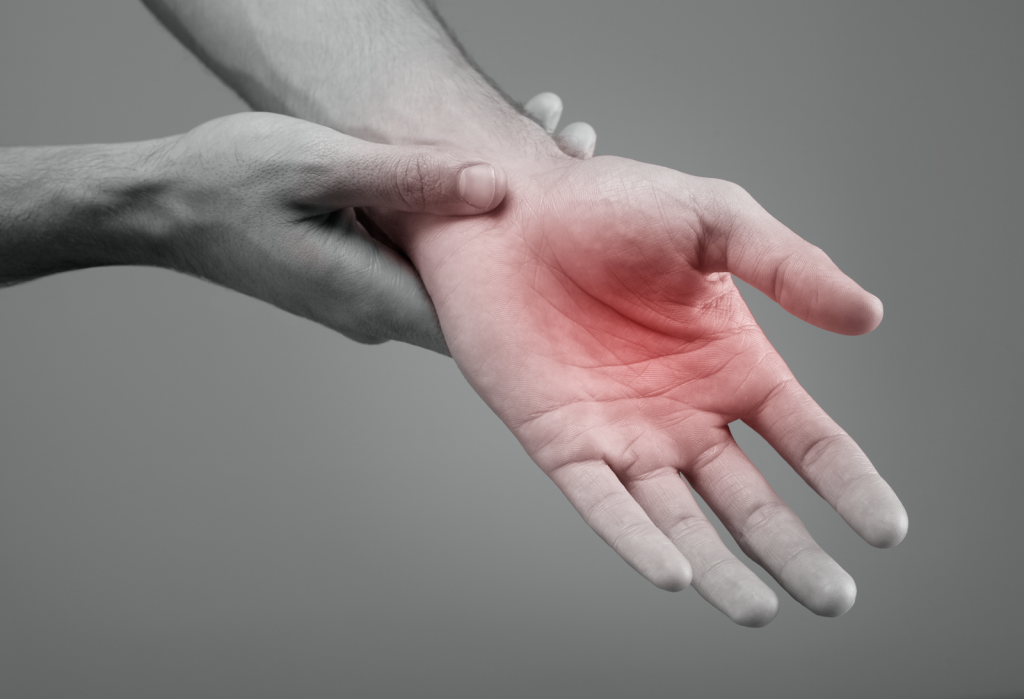
Hand
- Arthritis
- Sports Injuries
- Trigger Finger
- Mallet Finger
- Jersey Finger
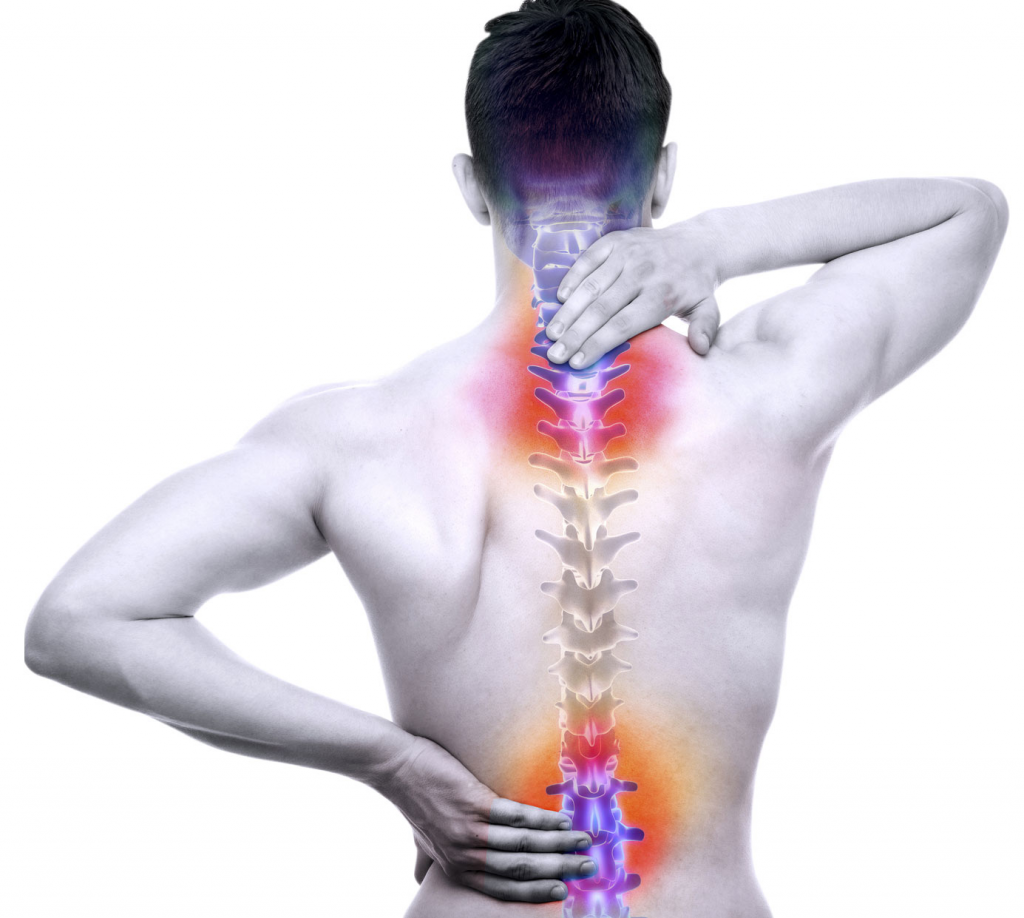
Spine
- Prolapsed Intervertebral Disc (PIVD)
- Degenerative Conditions
- Canal Stenosis
- Cervical Spondylosis
- Lumbar Spondylosis
- Sciatica
- Spondylolisthesis
- Infective Discitis
- Pott’s Spine
- Spinal Deformities
- Spine Sports Injuries
- Ankylosing Spondylitis
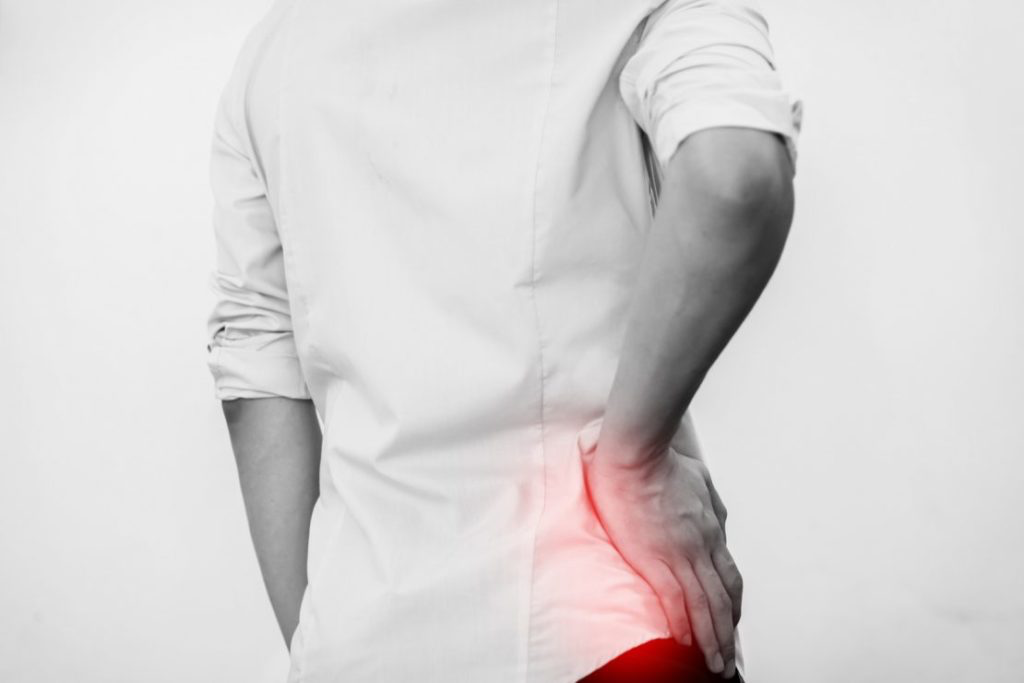
Hip
- Hip Arthritis
- Avascular Necrosis (AVN)
- Hip Ankylosis
- Labral Tears
- Femoroacetabular Impingement
- Sports Injuries
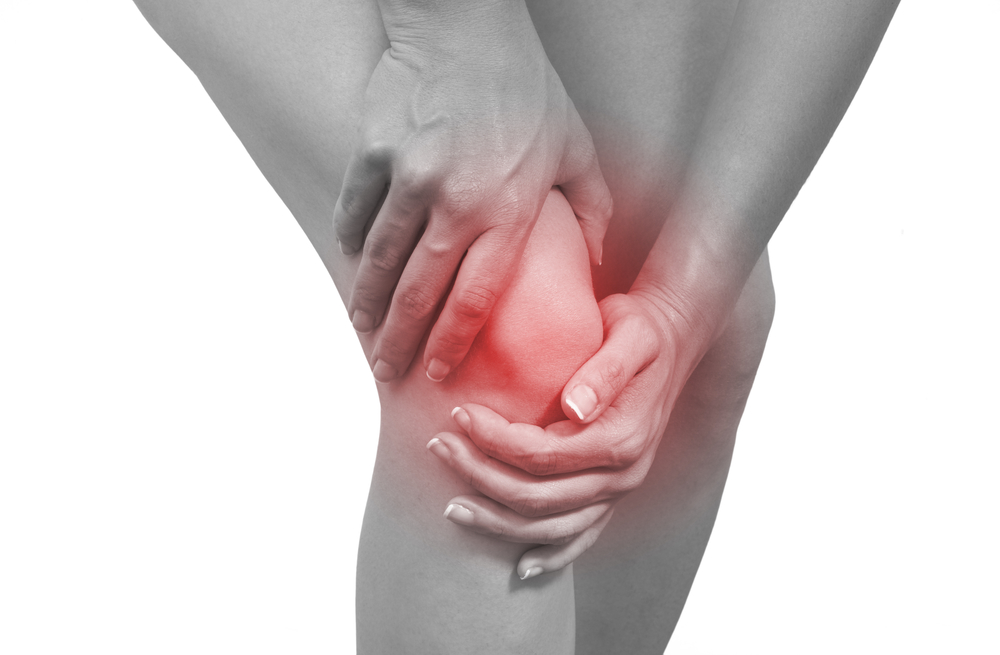
Knee
- Sports Injuries
- ACL (Anterior Cruciate Ligament) injury
- PCL (Posterior Cruciate Ligament) injury
- MCL / LCL injury
- PLC injuries
- Multi Ligamentous injuries
- Meniscus Injuries
- Cartilage lesions
- Bone defects
- Loose bodies
- Other Soft tissue injuries
- Knee Arthritis
- Knee Dislocation
- Patellar Dislocations/ instability
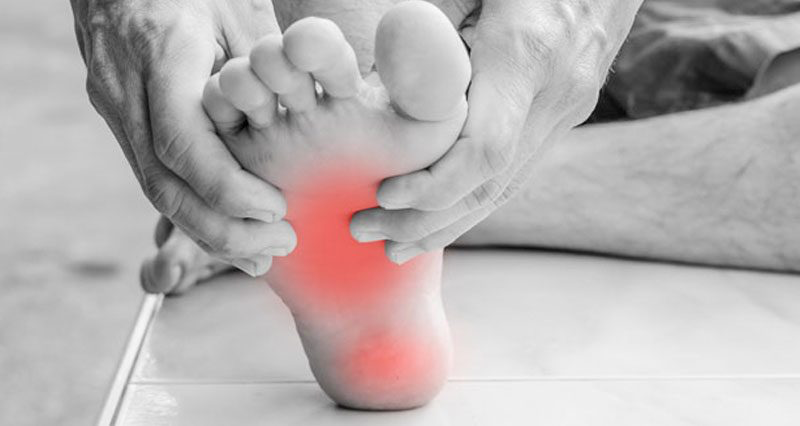
Foot
- Flat Foot
- High Arched Foot
- Foot deformities
- Corns / callosities
- Ingrown Toenails
- Arthritis
- Hallus Valgus
- Hammer toes
- Plantar fascitis
- Spurs
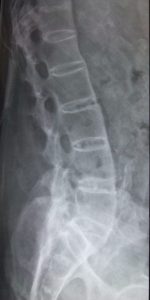
Inflammatory & Auto- Immune Diseases
- Rheumatoid Arthritis
- Ankylosing Spondylitis
- DISH

